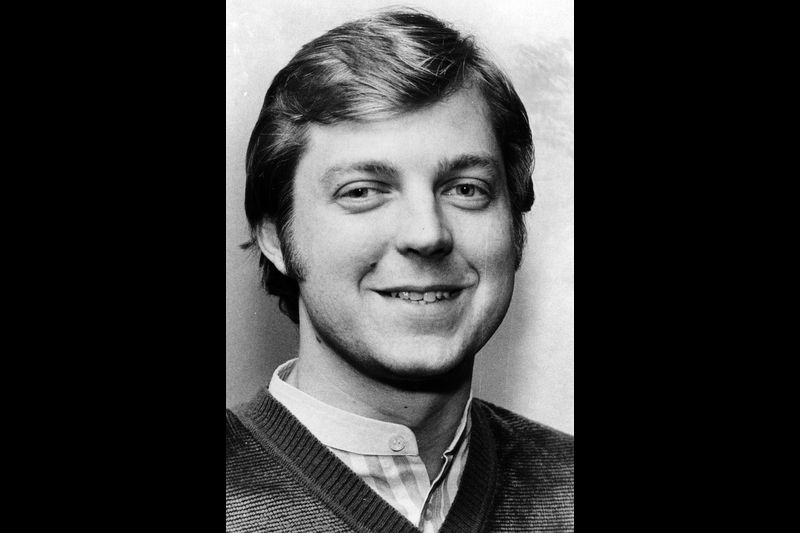CHICAGO (IL)
Chicago Tribune
March 1, 2021
By Dahleen Glanton
One of the Rev. Michael Pfleger’s supporters summed up the sexual abuse allegations against the priest in a way that many might find appropriate.
They don’t fit with “what I know about him,” Northwestern University law student Blair Matthews told a Tribune reporter in January when the accusations came to light. Like many who are standing solidly behind Pfleger, Matthews credits the priest and the St. Sabina Church community with helping him succeed in life.
Many people who have met the outspoken and charismatic priest might agree. Sexual abuse is not the sort of thing that immediately comes to mind when you think of a man who has spent his life helping disadvantaged youths lift themselves up.
But abuse happens. We know from other cases in the Catholic Church and elsewhere, the perpetrators often are the people who garner the most trust.
As much as we might admire Pfleger for his contributions to the African American community, no one should automatically presume that in this case, the abuse did not occur, any more than we should presume that it did.
Another thing we’ve learned about sexual abuse in the priesthood is that it does not occur in a vacuum. In Pfleger’s case, two brothers, both now in their early 60s, have recounted stories that allegedly occurred when they were adolescents.
If they are telling the truth, you can be sure that there were other victims as well. A reliable resolution could depend on whether anyone else comes forward.
The decision by the Chicago Archdiocese not to allow Pfleger to return to St. Sabina, where he has served a pastor for 40 years, is the right one. It isn’t about Pfleger personally. It’s about the process.

Though the Illinois Department of Children and Family Services concluded that “no credible evidence of child abuse or neglect was found” in its investigation, the agency also said it does not “necessarily mean that an incident did not occur.”
Under state law, DCFS can only determine whether credible evidence of abuse or neglect exists in cases where a child is currently involved. In other words, based on the information the agency had, the allegations are “unfounded.”
That isn’t good enough.
The archdiocese doesn’t have such limitations. Its independent review board will conduct an investigation, and Pfleger will remain relieved of his duties until it is completed.
Though the process amounts to the Catholic Church investigating itself, it’s the best that we have in Chicago under the circumstances.
A few years before his death, Cardinal Joseph Bernardin instated the review board and created the Office for Child Abuse Investigations and Review in 1992 to handle cases such as this.
The board consists of nine to 11 people appointed by Cardinal Blase Cupich. Six are lay Catholics not employed by the church — a psychiatrist, a psychologist or social worker, an attorney, a parish council member, a parent and a survivor of child sexual abuse or parent of a survivor. Two priests and a deacon also are on the board.
It is in Pfleger’s best interest to allow the investigation to run its course. Unless someone gets to the bottom of these allegations, his name will forever be tarnished.
Unfortunately, the St. Sabina congregation is impatient.
The community is suspicious of the archdiocese’s motives. Over the years, congregants have accused the archdiocese of trying to silence Pfleger and thwart his political activism.
As far as they are concerned, this is another unfounded attack on their beloved priest, designed to bring him down. And they haven’t hesitated to make their concerns known by holding rallies and posting on social media.
Many in the African American community, including prominent social and anti-violence activists, have made it clear that they are standing with Pfleger. One supporter makes regular Facebook posts referring to the accusers as those “black, broke Texas brothers.”
In their eyes, Pfleger can do no wrong. It is one thing to appreciate his work in the Black community, but it dangerous to assume that anyone is beyond reproach.
They have made the entire episode about the man rather than the issue of child abuse that has long plagued the Catholic Church. That creates a precarious situation.
By expressing absolute loyalty to Pfleger, his supporters may have thwarted others, even potential victims, from coming forward and telling what they know. They also may have inadvertently stopped young people who might currently be victims of sexual abuse at school, church, home or other places from reporting it.
It is hard for most people to acknowledge abuse under any circumstances. But when you watch people in your own community turn someone into a villain for speaking out, it is easier to decide that you’d be better off by keeping your mouth shut.
The community is sending a message that only bad people accuse someone of such high stature of sexual abuse. That’s a troublesome message to send to sexual assault victims, particularly kids.
In the Black community, where sexual assault often is a hidden secret, the consequences could have a harsh, long-lasting impact.
When this is over, it could turn out that Pfleger has done nothing wrong. Those who respect his hard work and his lifelong commitment to helping impoverished and violence-ridden communities overcome adversity are hoping for that.
Meanwhile, Pfleger’s supporters should keep an open mind and pray that truth prevails. If that doesn’t happen, everyone will lose in the end.
